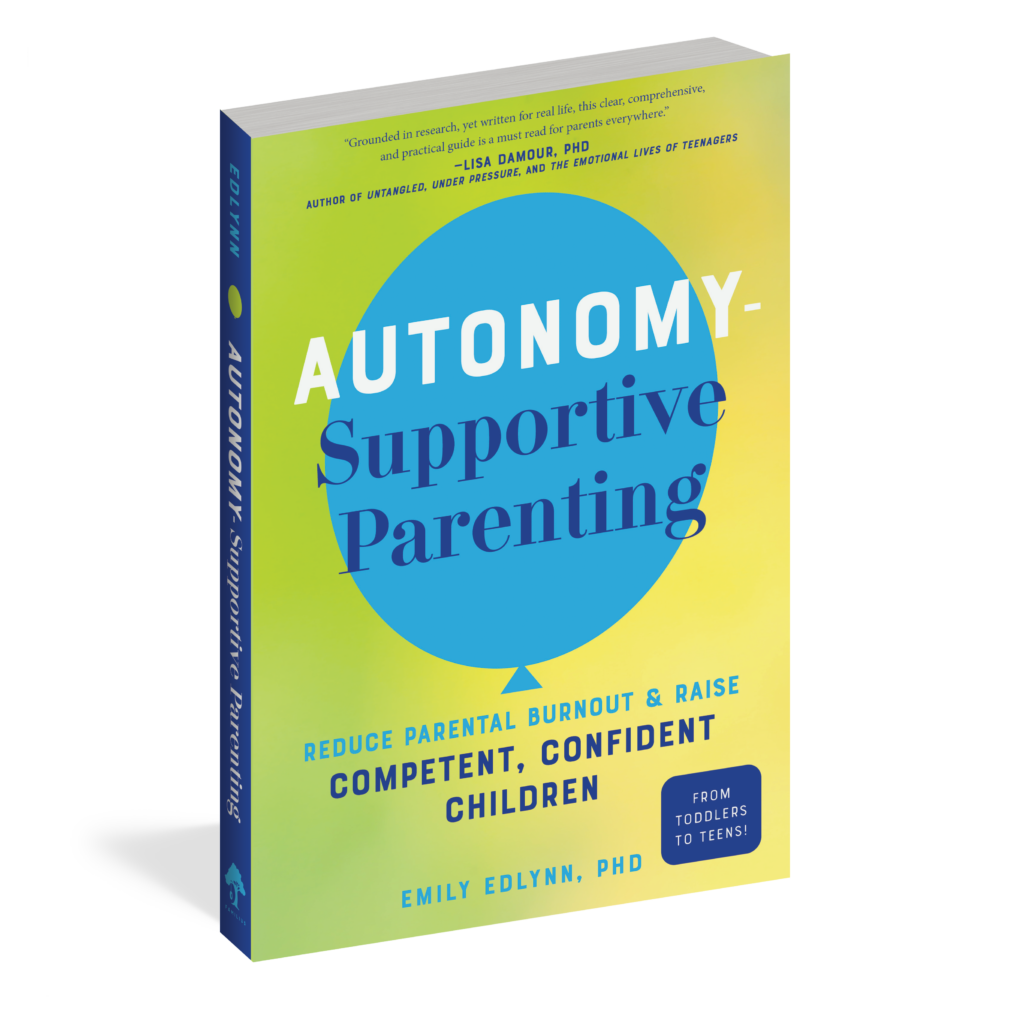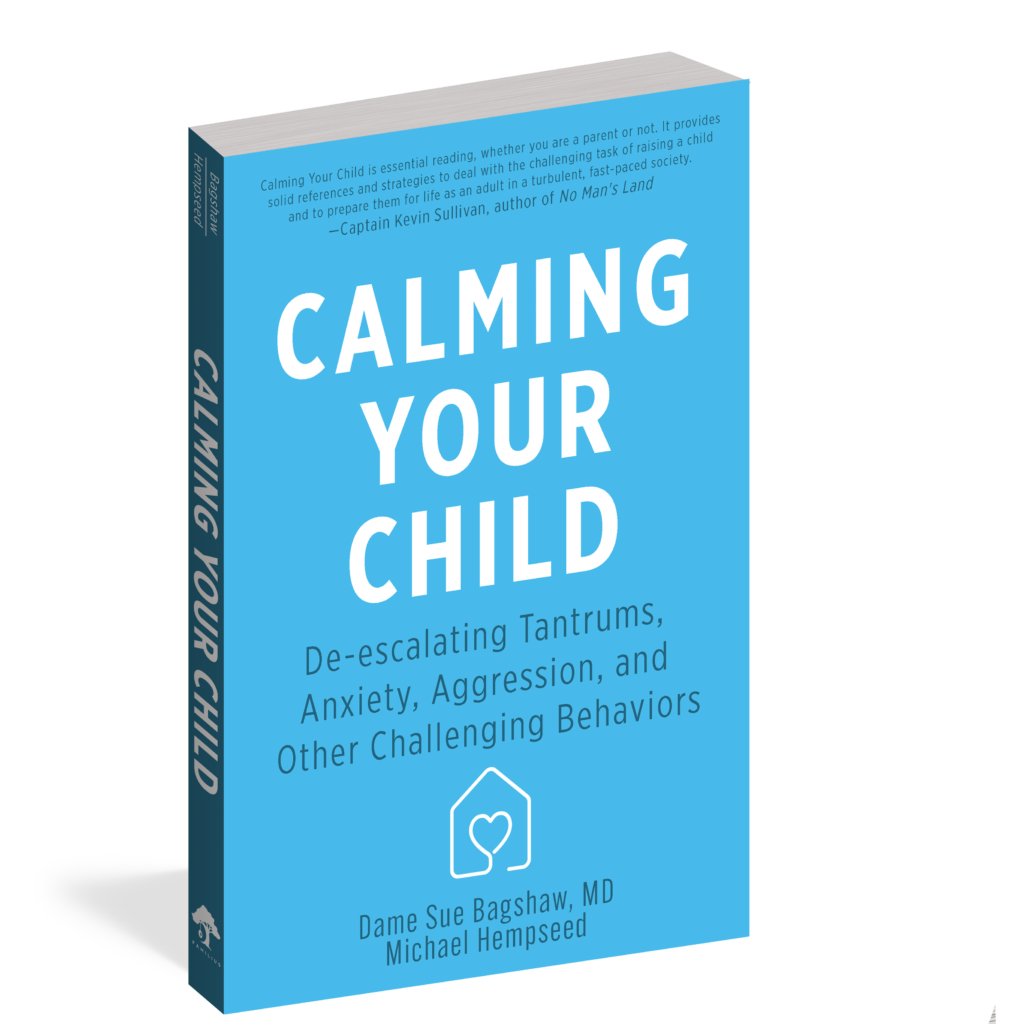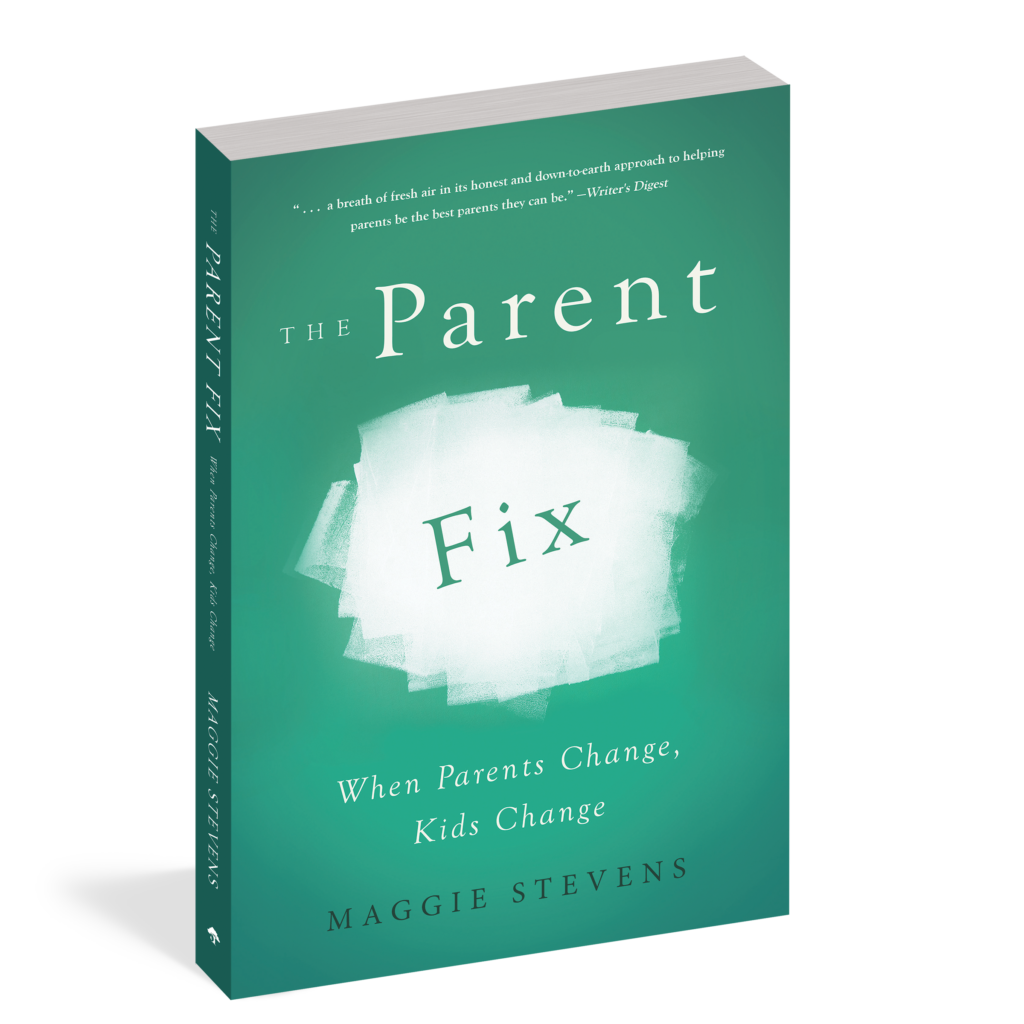
10 Autonomous Parenting Phrases to Use Instead of Commands
Ever feel that your child likes to purposely disobey you? Try replacing your commands with these autonomous parenting phrases.
Whether it’s cleaning their rooms, pausing the video game, or eating their veggies, do you ever find your kids pushing back at your requests?
It might not be that they don’t want to do the task. Or maybe it is that they don’t want to eat their veggies, but it’s probably not as big of a deal as they make it out to be. Instead, the issue might lie in how you’re phrasing your requests. Was it a command or an autonomous parenting phrase?
Controlling Parenting
At the surface level, controlling parenting is simply making things off limits:
No dessert until you finish your dinner. You can’t play with your friends until you clean your room.
And your child fights against it because, as Youth Dynamics of Montana mentions, making things off limits turns them into a symbol of freedom. However, the psychology behind controlling parenting is even more complex. Author and clinical psychologist Emily Edlynn explains that research has defined controlling parenting with these core features:
- Inducing guilt
- Contingent love
- Instilling shame
- Invalidating
More than these four traits, it can even delve into threats, punishment, coercive rewards, and demanding language, all of which can have a negative impact on your child’s mental health and academic success. And you might not even realize you’re doing it.
Autonomy-Supportive Parenting
In contrast, autonomy-supportive parenting relies on influencing rather than controlling. It’s the idea of guiding your child in the right direction, giving them the important information and allowing them to make their own decision without overtly telling them what to do. As a result, you might find that your child responds better to this type of parenting and stops outright refusing your requests.
Sounds complicated? It can be. But that’s why we created this list:
10 Autonomous Parenting Phrases to Use Instead of Commands
The key to any autonomous parenting phrase is to 1) explain, 2) ask questions, and 3) respond after listening to what your child is actually saying. We want to avoid any directive language that could be read as a demand. The goal is to give them enough autonomy to gain the skills necessary to manage themselves as they grow older.
Inspired by this Instagram post from Youth Dynamics of Montana, here are 10 common commands and their autonomous alternatives.
1. You’ve been playing video games all day—that’s enough.
Autonomous Phrase: “How ya feeling? Ready to stretch your legs?”
2. No cookies until you finish your lunch.
Autonomous Phrase: “For lunch, we’re having pasta, salad, and a cookie.”
3. Clean your room.
Autonomous Phrase: “I’ve noticed it’s tough for you to find stuff when you need it. Let’s work together to organize your room.”
4. Stop running in the house.
Autonomous Phrase: “Running indoors can be dangerous. Let’s find a safe place to run outside.”
5. Eat your vegetables.
Autonomous Phrase: “Vegetables are good for your body and help you grow strong. Would you like to try some carrots or broccoli? Just one bite?”
6. Do your homework.
Autonomous Phrase: “Homework helps us learn new things and become smarter. When would be a good time for you to work on your assignments?”
7. Be quiet.
Autonomous Phrase: “It’s important to use our inside voices, especially when others are trying to focus or rest. Let’s lower our voices a bit.”
8. Share your toys with your sister/brother.
Autonomous Phrase: “Sharing is a way of being kind and making others happy. How about taking turns playing with the toy?”
9. Brush your teeth.
Autonomous Phrase: “Taking care of our teeth helps us have a healthy smile. Let’s make sure to brush our teeth before bedtime.”
10. Say sorry to your friend.
Autonomous Phrase: “When we make a mistake, it’s important to apologize and make things right. Would you like some help in saying sorry to your friend?”
Discover More about Your Child’s Behavior

Autonomy-Supportive Parenting

Calming Your Child

The Parent Fix
Shaelyn Topolovec earned a BA in editing and publishing from BYU, worked on several online publications, and joined the Familius family. Shae is currently an editor and copywriter who lives in California’s Central Valley.
